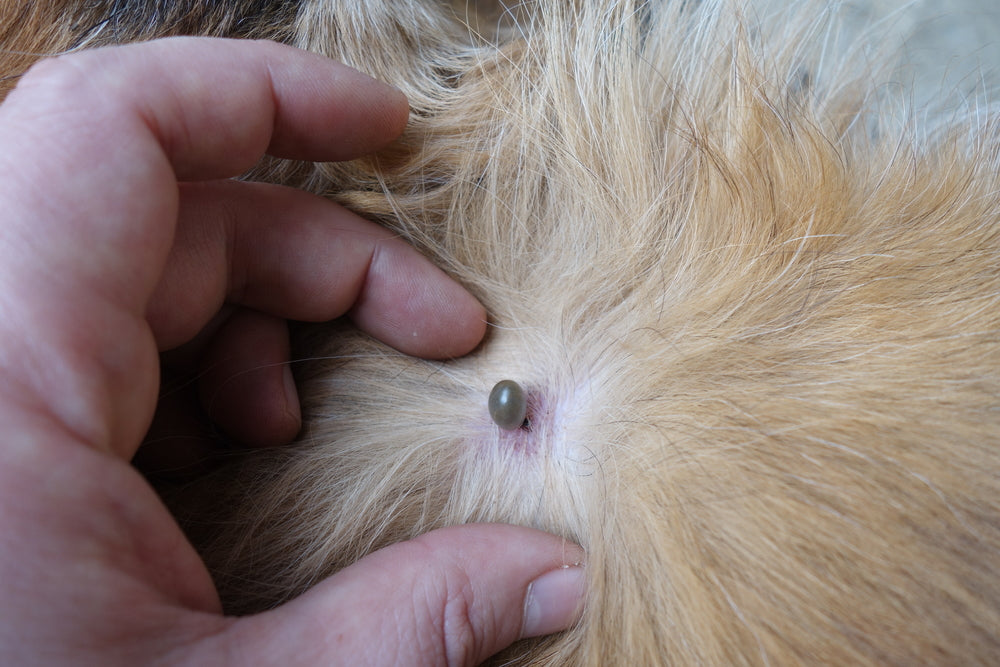
Comprehending Pet Parasites and Implementing Preventive Measures
Pets are wonderful companions, enriching our lives with their playful spirit and unconditional love. However, pet ownership also entails a crucial responsibility to protect them from various health threats, including parasites. This comprehensive guide delves into understanding pet parasites and offers strategies to prevent them effectively.
Understanding Pet Parasites
Parasites are organisms that are living on or inside other organism, known as the host, and gain sustenance at the host's expense. In pets, common parasites include fleas, ticks, heartworms, roundworms, hookworms, and tapeworms. While some parasites cause minor discomfort, others can lead to severe health issues and can even be fatal.
Fleas and Ticks
Fleas are tiny, wingless insects that infest your pet's skin, causing itching and potentially triggering allergic reactions. Ticks, on the other hand, are arachnids that latch onto your pet's skin and feed on their blood. Ticks can transmit diseases like Lyme disease and Ehrlichiosis.
Heartworms
Heartworms are spread by mosquitoes and primarily affect dogs, but cats can also be infested. These worms live in the heart and blood vessels, leading to heart disease, lung damage, and potentially death.
Roundworms, Hookworms, and Tapeworms
These are intestinal parasites that live in your pet's digestive tract. They can cause a wide range of symptoms, including diarrhea, weight loss, and anemia.
1. Regular Vet Check-ups
Routine veterinary visits are crucial in the early detection and prevention of parasites. Your vet can perform fecal tests to identify internal parasites and recommend preventive measures for external parasites. Regular blood tests can also detect heartworms.
2. Use Preventive Medications
Preventive medications are the cornerstone of parasite control. Various topical, oral, or injectable products can protect your pet against fleas, ticks, and worms. These medications are usually administered monthly and are available through your vet.
3. Maintain a Clean Environment
Keeping your pet's environment clean is crucial in preventing parasites. Regularly wash your pet's bedding, clean their litter box, and keep your yard free from feces to minimize the risk of parasites.
4. Personal Hygiene
Parasites can spread from pets to humans. Teach your family members, especially children, to wash their hands after playing with pets.
5. Nutritious Diet
A balanced diet strengthens your pet's immune system, making it less susceptible to parasites. Avoid raw food diets as they can carry parasites.
6. Regular Grooming
Regular grooming allows you to check for signs of external parasites. Brush your pet's fur daily and give them regular baths. Special combs are available to remove fleas and ticks.
7. Use Pest-Repellent Products
Certain pest-repellent products can help deter parasites. These may include flea collars, sprays, and powders.
8. Keep Your Pet Indoors
Keeping your pet indoors, especially during the peak mosquito hours of dusk and dawn, can reduce the risk of heartworms. Limiting your pet's outdoor time can also minimize their exposure to fleas and ticks.
9. Dispose of Feces Properly
Prompt and proper disposal of pet feces can prevent the spread of parasites in the environment.
10. Vaccinations
Certain vaccines can protect against diseases transmitted by parasites. Speak with your vet about the appropriate vaccination schedule for your pet.
In conclusion, protecting your pet from parasites involves understanding the risk, practicing preventive measures, and maintaining regular vet check-ups. Remember, your vigilance is crucial in ensuring your pet's health and happiness. With the right knowledge and proactive measures, you can prevent these pesky parasites from causing harm to your beloved pet.
- Choosing a selection results in a full page refresh.












